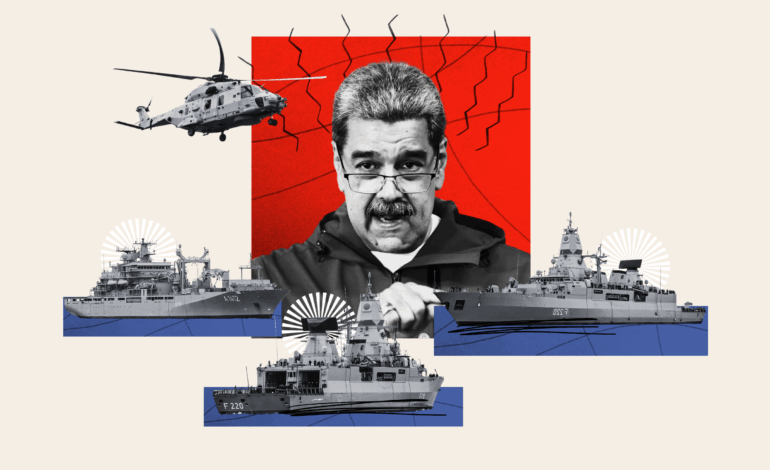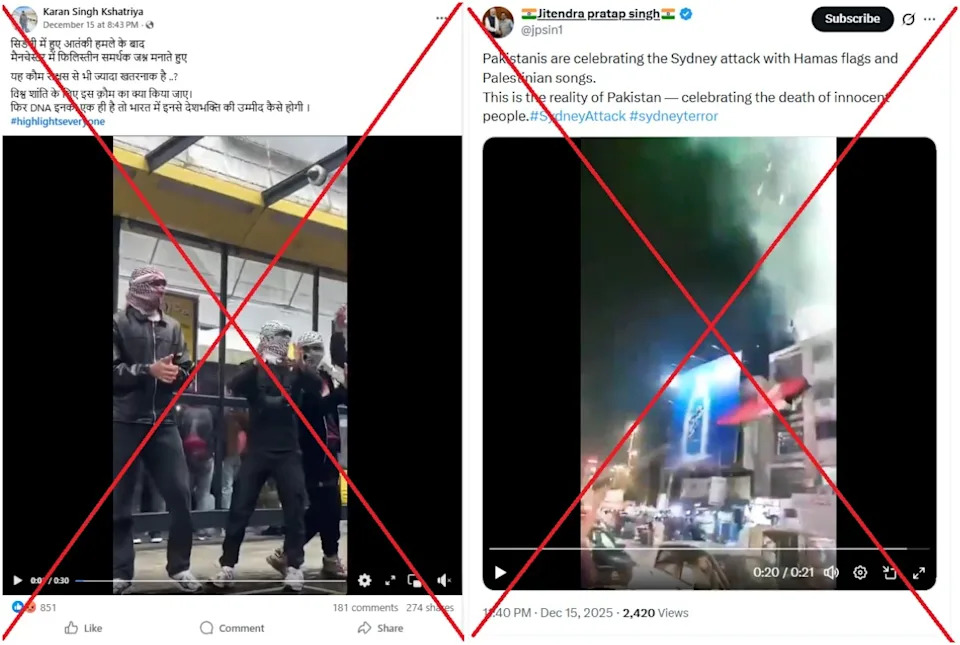Trump Signals Military Action as Tensions Rise with Venezuela

President Donald Trump has deployed warships off the coast of Venezuela and authorized military action against drug trafficking organizations, raising concerns about potential military intervention in South America. This move aligns with a broader shift under Trump’s “America First” policy, which reimagines the Americas as a key area of U.S. influence. This approach closely mirrors the historical Monroe Doctrine, which has traditionally informed U.S. foreign policy in the region.
According to experts, Trump’s actions signal a renewed commitment to assert U.S. dominance in the Western Hemisphere. Cynthia Arnson, a prominent Latin America specialist and adjunct professor at Johns Hopkins University, commented, “This massive show of force is consistent with the administration’s efforts to assert dominance in the Western Hemisphere, reviving the Monroe Doctrine that declared the region to be uniquely a U.S. sphere of influence.”
The Venezuelan government, led by Nicolás Maduro, has increasingly come under scrutiny from the U.S. for its alleged connections to drug trafficking. The recent naval buildup in the waters surrounding Venezuela has sparked debates about whether this is a precursor to military action or simply a show of strength intended to intimidate Maduro. Arnson expressed skepticism regarding the effectiveness of such military deployments in combatting drug trafficking, noting, “The utility of such a huge deployment in fighting drug trafficking is questionable, although there undoubtedly will be some seizures that the administration will tout to justify the exercise of military force.”
Former National Security Council official José Cárdenas emphasized the significant implications of this military positioning, stating, “It would be a mistake to consider the U.S. naval deployment off the Venezuelan coast ‘business as usual’ or mere political theater.” He added that the scale of the operation indicates a serious commitment to addressing the ongoing crisis in Venezuela, which has become a hub for transnational organized crime and regional instability.
Cárdenas also suggested that the U.S. may be in communication with elements of the Venezuelan military not involved in drug trafficking, hinting at potential strategies to pressure them into removing Maduro from power. He argued that this initiative is framed not as a push for democracy but as a national security measure aimed at curbing the flow of cocaine into the United States.
During a recent press briefing, White House Press Secretary Karoline Leavitt reiterated the administration’s position on Venezuela, asserting, “The Maduro regime is not the legitimate government of Venezuela; it is a narco-terror cartel.” She emphasized Trump’s readiness to utilize all American resources to combat drug trafficking and hold those responsible accountable.
The Pentagon also commented on the situation. Chief spokesperson Sean Parnell stated, “On day one of the Trump Administration, the President published an Executive Order designating drug cartels as Foreign Terrorist Organizations, clearly identifying them as a direct threat to the national security of the United States.” This designation reflects the administration’s broader strategy to combat drug-related violence and instability in the region.
Tensions between Washington and Caracas have escalated since Hugo Chávez took power in 1999, with U.S. relations deteriorating further after Maduro’s controversial reelection in January 2019. Trump’s administration has since pursued a “maximum pressure” campaign against Maduro, which included recognizing opposition leader Juan Guaidó as the interim president. However, attempts to unseat Maduro have repeatedly faltered.
The complexities of U.S. interests in Venezuela extend beyond drug trafficking. Tom Shannon, a former diplomat, noted that conflicting advice from various factions within Trump’s administration has shaped U.S. policy. He suggested that while some advocates for military intervention push for a hardline approach, others caution against the risks of direct military engagement. Shannon stated, “Venezuela is sitting on the largest reserves of oil and gas in the world,” highlighting the economic stakes involved.
Despite the administration’s assertive stance, experts caution that military action may not be the most effective means of securing U.S. interests in Venezuela. Shannon remarked that the Trump administration might be better served by leveraging economic incentives to influence the region rather than deploying military forces.
As the situation unfolds, the balance between military readiness and diplomatic engagement remains critical. The Trump administration’s focus on drug trafficking and regional stability continues to shape its approach to Venezuela, illustrating the complexities of modern U.S. foreign policy in Latin America.






